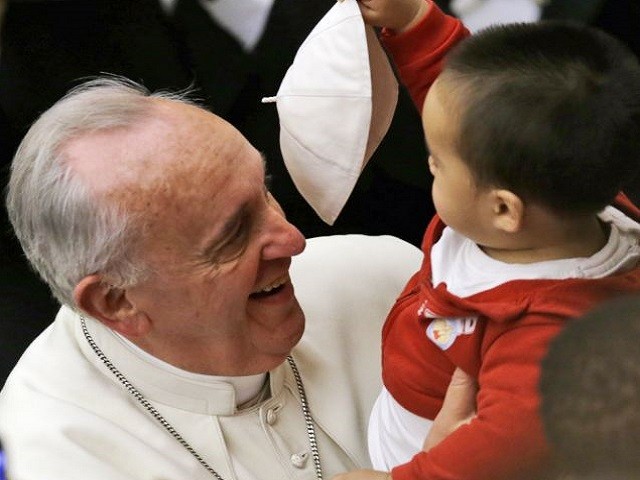During a talk on fatherhood at his general audience on Wednesday February 4, 2015, Pope Francis departed from his prepared text to recount a conversation he once had with a father at a family encounter. Francis indicated that he agreed with the father’s use of corporal punishment (spanking) as long as the “dignity” of the children is maintained. The Pope’s comments brought heavy criticism in the social media. A couple of the vocal critics were members of the Pope’s own new commission created to lead the charge for reform on the Catholic Church’s child sexual abuse scandals. The commission has 17 members from around the world including two abuse survivors, and its job is to advise the Pope and Church leaders on best practices in anti-abuse efforts. One commission member: Peter Saunders, the head of Britain’s National Association for People Abused in Childhood said “Children don’t need to be hit. We need to talk about positive parenting … physical violence has no part in modern-day child upbringing.” I was hit throughout my childhood and it did me a lot of harm.” Saunders was abused by a priest when he was a teenager. He is planning to talk to the Pope about his “spanking” comments when they next meet. It’s not clear that the Pope’s views on spanking are really any of this commission’s business. In any event, most moms and dads around the world probably aren’t waiting for the Pope to tell them if corporal punishment is okay. Multiple scientific studies have found that physical punishment makes kids more aggressive and in the long term, it will only make kids’ behavior worse.
The 17 member Pontifical Commission for the Protection of Minors was created by Pope Francis in March 2014, and features Cardinal Sean P. O’Malley of Boston as president. Since the Church abuse scandals erupted in the early 2000s, the Church has developed stern accountability measures for clerics who commit abuse. Any priest facing a credible accusation is supposed to be immediately removed from ministry and reported to the police, and if the charge is sub-stantiated, they’ll generally get kicked out of the priesthood. To date, however, Catholicism has not developed similarly tough discipline for bishops who fail to make those “zero tolerance” policies stick. In a press report on Saturday February 7, 2015, Cardinal O’Malley said “there have to be consequences” for bishops who don’t respond appropriately to reports of abuse, including procedures that allow such cases to be handled efficiently and not in an “open-ended way.” On Monday February 9, 2015, the commission agreed on several proposals to submit to Pope Francis for consideration, and they are developing processes to ensure accountability for everyone in the Church – clergy, reli-gious, and laity – who work with minors.”
Sources: Reuters, Cruxnow.com, National Catholic Reporter, The Huffington Post

